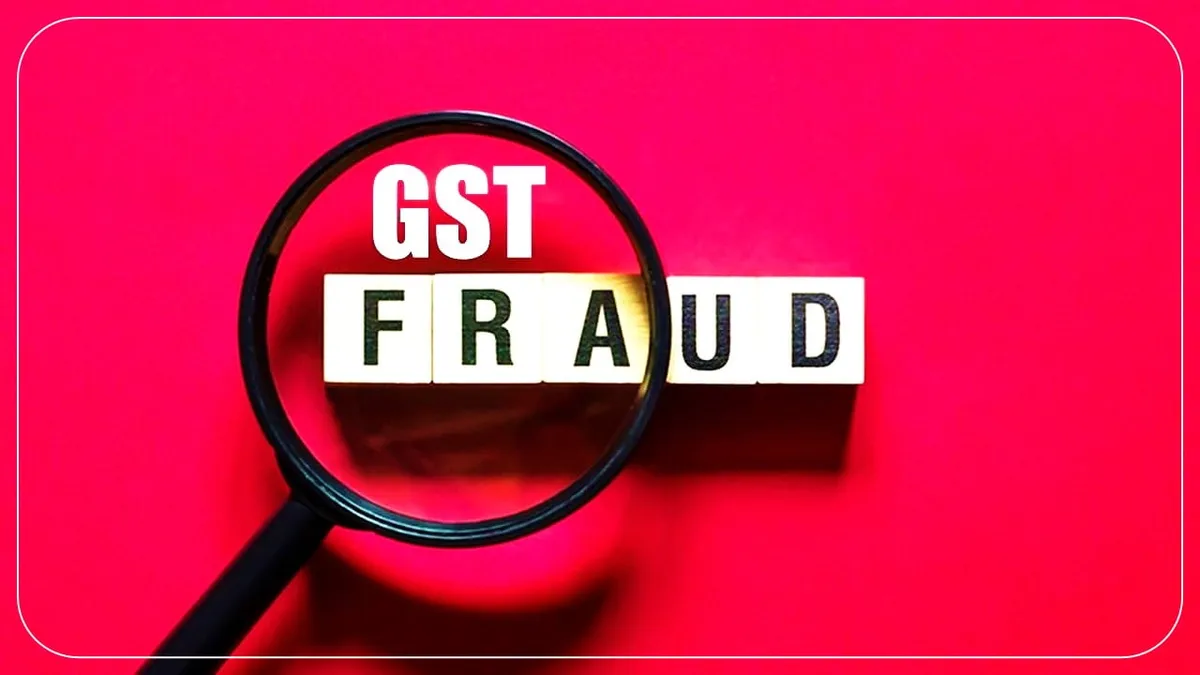In a digital age where regulatory accountability meets public scrutiny, a LinkedIn post by a frustrated entrepreneur alleging corruption in the GST system has triggered a national conversation. Finance Minister Nirmala Sitharaman and the Central Board of Indirect Taxes and Customs (CBIC) have issued public clarifications as questions mount over red tape and transparency.
A Viral Allegation: “I’m Paying a Bribe Tomorrow”
A LinkedIn post by Vinod Gupta, a startup founder, alleging that he had to pay a bribe to get a GST number, has sent shockwaves across India’s business and regulatory ecosystem. In his post, Gupta claimed that despite fulfilling all formal requirements, officials found faults daily in his registration application. Frustrated, he wrote: “I’m going to commit a crime tomorrow by paying a bribe. That’s when I’ll get the GST number.”
The post, evocative and defiant, gained traction rapidly. Screenshots of the post were widely shared across platforms including WhatsApp and Twitter (now X), with professionals from across India resonating with the systemic hurdles faced during business registration.
The specific allegation was that officers in Delhi’s GST zone were persistently delaying approval for Gupta’s startup registration under one pretext or another. Gupta’s post implied that no amount of procedural compliance could override the unspoken demand for a bribe.
Algoritha: The Most Trusted Name in BFSI Investigations and DFIR Services
Ministry and CBIC Respond: “Corruption Will Not Be Tolerated”
Responding swiftly, Finance Minister Nirmala Sitharaman addressed the matter directly. She reposted CBIC’s clarification on X (formerly Twitter), reaffirming that the government was committed to transparency and integrity in service delivery.
The CBIC clarified that Gupta’s GST application was not pending with the central body, but had been assigned to a state GST officer under the Delhi jurisdiction. It stated that the matter was formally escalated on May 26 and Gupta had since been informed.
The CBIC further explained that a supervisory officer had been assigned to look into the complaint and determine whether procedural lapses or misconduct were involved. Emphasizing good governance, the Board noted that service delivery should be “efficient, honest, and transparent,” and that officers should be responsive to the concerns of citizens.
Sitharaman added: “The goal is not just ease of doing business, but trust in doing business. If there are roadblocks or corruption, we will act.”
Systemic Flaws or Isolated Incident?
While government bodies reacted promptly, the episode reignited debate over the persistent bureaucratic opacity and discretion that still shadows India’s digitized compliance systems. Critics argue that while GST registration is technically online, the human gatekeepers — officers verifying the applications — retain considerable power, sometimes exercised arbitrarily.
Gupta’s experience reflects a wider sentiment among small entrepreneurs who often struggle with documentation mismatches, multiple queries, and non-responsiveness from departments. Even though CBIC offers escalation protocols and grievance portals, users report long waits and limited resolution.
Policy experts have called for a more structured audit trail, real-time grievance redressal dashboards, and disciplinary action against officials who delay services without valid reasons. “The issue is not technology — it is accountability,” said a legal analyst familiar with tax governance.



